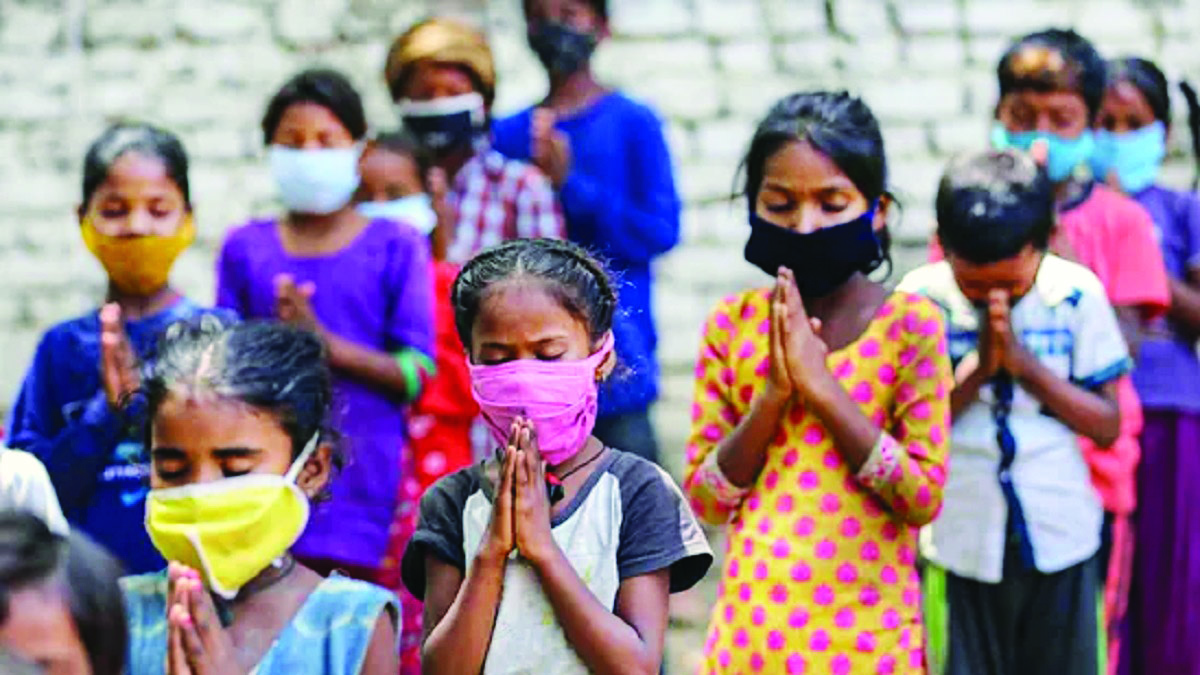India, UNICEF to join hands amid rising concerns of NCDs among children

New Delhi: UNICEF plans to collaborate with the government to address the rising concerns of non-communicable diseases (NCDs) among children, said UNICEF India Health Specialist Dr Vivek Virendra Singh.
In an interview with PTI, Singh also emphasised the urgent need to address the intersection of environmental degradation, climate change and NCDs among children. The government is developing additional guidelines specifically targeting NCDs in children, he said, adding UNICEF plans to support the government by ensuring these guidelines are effectively disseminated across states in India.
The guidelines will enable leveraging of India’s extensive network of over 800 NCD clinics at district levels and over 2,000 at sub-district levels for prevention and management of NCDs in children.
This guidance will also provide opportunities for convergence across multiple programmes and sectors, for example, comprehensive primary health care through health and wellness centres, the school health programme and the Ministry of Women and Child Development’s ICDS (Integrated Child Development Service) programmes, Singh said.
The initiative by the government marks a crucial shift in India’s health strategy as the National Program for Non-Communicable Diseases, revamped last year, expands its focus to include pediatric care. In 2023, India updated its operational guidelines for the National Program for Non-Communicable Diseases, initially focused on cancer, diabetes and hypertension, to a broader scope covering all NCDs. Singh discussed the rising need for ensuring quality and universal care for children suffering from childhood onset NCDs like Type 1 diabetes.
While Type 1 diabetes in children is a genetic condition, recent evidence from multiple researchers also highlight the possibility of heavy metal poisoning in the environment and rise in endocrine disorders like diabetes.
Singh said: “The environment in which children live is increasingly becoming a factor in their health, and environmental degradation is amplifying these risks particularly among the most vulnerable women and children.”
“We would need more robust research to fully grasp how environment degradation and climate change is influencing the prevalence of NCDs and to develop effective intervention strategies,” he asserted. He also underscored the need for global collaboration in addressing these challenges. “Environment degradation and climate change is a global issue that requires a coordinated response from all sectors,” he said.
UNICEF is working with select states on ‘healthy environment for healthy children’ and plans to bolster local primary healthcare systems, focusing on strengthening early life course interventions for prevention of NCDs, while supporting health systems capacity for timely identification and management of childhood onset NCDs.
“Empowering children living with conditions such as Type 1 diabetes, sickle cell disease, asthma and congenital heart disease to advocate for better care and resources is critical,” Singh said.



